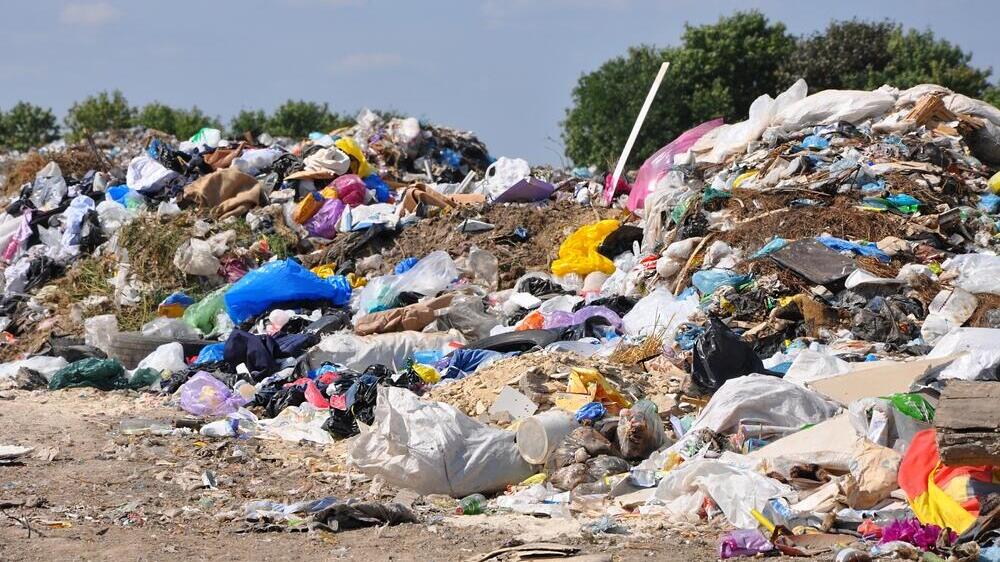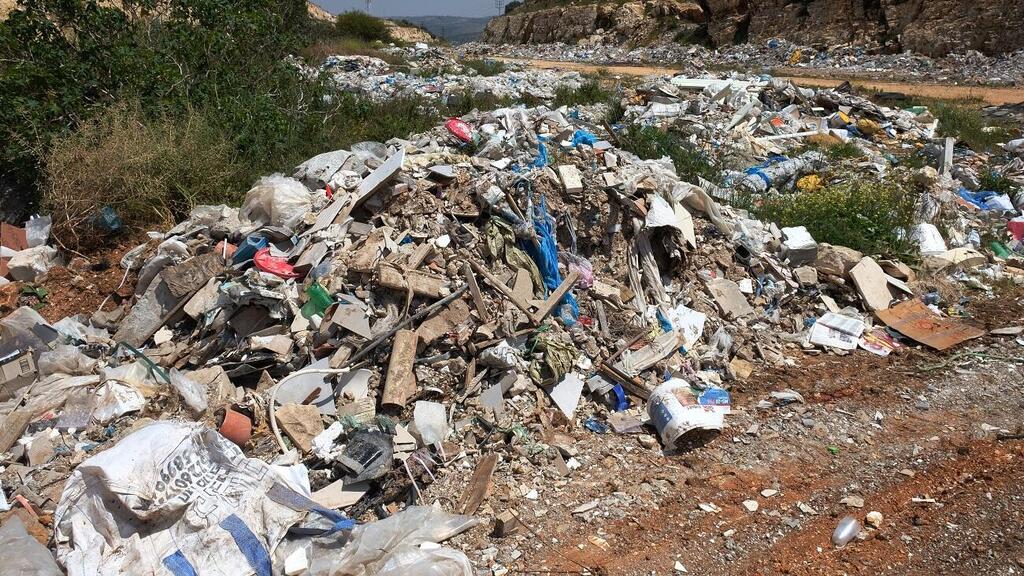Getting your Trinity Audio player ready...
Israeli startup TripleW takes the phrase 'trash to treasure' incredibly literally - by using food waste to produce biomaterials.
“You take food waste, and you take all its ingredients and deconstruct it in the best way to make materials that we use in everyday life. For example, the production of bioplastics that are used in food packaging,” explained co-founder Tal Shapira, who also serves as the company’s CEO.
The material in question is a plastic known as PLA - biodegradable and made from foodstuffs, but until now was expensive to produce.
“Bioplastics were produced using sugarcane or corn, which are food crops — and they cost a lot. We can eliminate these costs using food waste. That's not even a cost because you are getting paid to get rid of waste,” said Amir Oranim, who co-founded TripleW with Shapira and is the company’s COO.
TripleW has developed a way to compost biological material - in this case, food waste - by extracting biological compounds known as lactic acid using bacteria and then purifying that into useable plastics.
It's a revolutionary idea that makes recycling more viable: traditional recycling needs to separate and then process raw materials for reuse, making it far more expensive than just dumping it somewhere. But in this biological process, it’s all done by the bacteria.
“It's blended into a slurry, like in a traditional process, but the microorganisms are the ones targeting specific carbohydrates in the waste, fermenting those into the product, and then we separate the product from the rest,” Shapira clarified.
And not just an economical solution - the waste from this process is yet another valuable product since the leftovers, such as lipids and oil, can be burned as biogas to produce renewable electricity.
This means that this waste management could soon fill a very significant market need.
“The demand comes from two directions,” noted Oranim. “One is from governments that implement policies restricting the use of traditional plastics, and the other is from industry that understands that there's only one direction for plastics, and that's bioplastic.”
In Europe, TripleW isn't operating out of a lab but is an industrial-scale company. Its Belgium facility processes countless tons of garbage - and turns out purified plastic which can be used for any sort of product the market demands.



